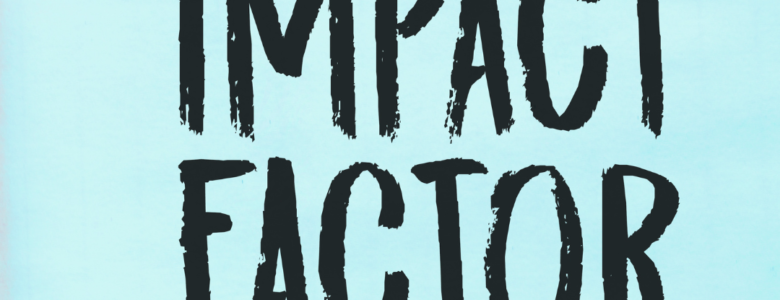As seniors explore financial options, understanding the implications for heirs becomes a crucial aspect of decision-making. In the realm of reverse mortgages, a commonly asked question revolves around the impact on heirs. Let’s unravel the intricacies and shed light on how a reverse mortgage influences the legacy you leave behind.
Loan Repayment and Heir Responsibilities:
Contrary to misconceptions, heirs are not personally responsible for repaying the reverse mortgage. The loan is typically repaid through the sale of the home, with the proceeds going towards settling the outstanding balance. This shields heirs from the burden of the loan.
Home Sale and Remaining Equity:
Upon the passing of the homeowner, heirs have the option to sell the home to repay the reverse mortgage. The heirs own any remaining equity after repaying the loan, allowing for a financial legacy that they can inherit or distribute among beneficiaries.
Heir’s Decision to Keep or Sell:
Heirs hold the power to decide whether to keep the home by paying off the reverse mortgage or sell it to settle the debt. This flexibility allows for thoughtful decision-making based on individual circumstances and preferences.
FHA Insurance Protection:
Reverse mortgages often come with FHA insurance, which ensures that the outstanding loan balance will never exceed the home’s appraised value. This safeguard protects heirs, as they will not be held liable for any shortfall between the loan balance and the home’s value.
Communication and Planning:
Open communication and proactive planning are essential. Discussing your decision to pursue a reverse mortgage with heirs allows for transparency and can help them understand their options. It also ensures that everyone is on the same page regarding the future of the home.








